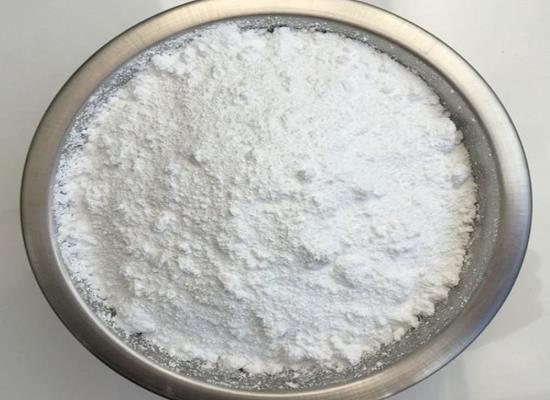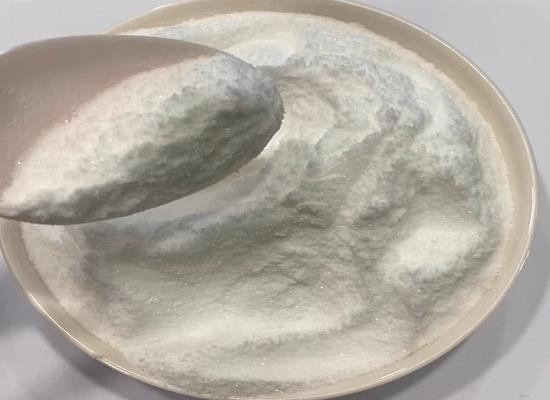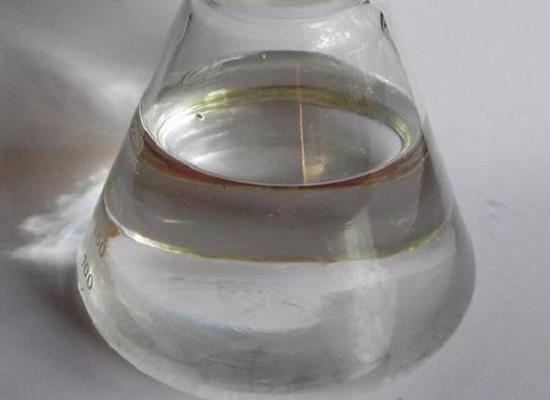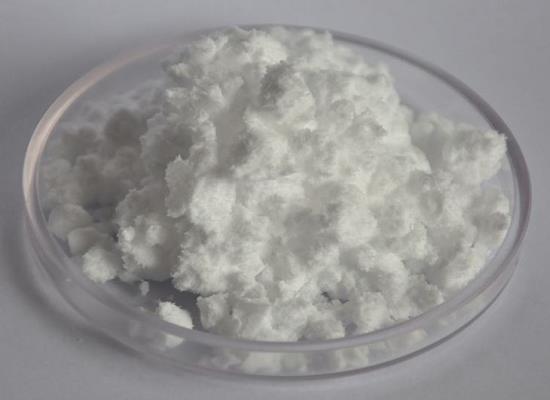Active Pharmaceutical Ingredients (API), popularly speaking, are the raw materials of medicines, only pharmaceutical raw materials are processed into pharmaceutical preparations , can they become medicines available for clinical use, so drugs we usually eat are the finished drugs through processing. Active Pharmaceutical Ingredients based on its sources can be divided into two major categories ,including chemical synthetic drugs and natural chemical drugs. Chemical synthetic drugs can be divided into organic synthetic drugs and inorganic synthetic drugs. Inorganic synthetic drugs are inorganic compounds ( very few is element), such as aluminum hydroxide, magnesium trisilicate which are used for the treatment of gastric and duodenal ulcers ; organic synthetic drugs are mainly composed of drugs made by basic organic chemical raw materials, through a series of organic chemical reactions (such as aspirin, chloramphenicol, caffeine, etc.). Natural chemical drugs ,based on its sources,can be divided into two categories including biochemical drugs and plant chemical drugs. Antibiotics are generally made by the microbial fermentation, which belongs to the biochemistry category. A variety of semi-synthetic antibiotics occurs in recent years,which are biosynthesis and chemical synthesis combining products.Among active Pharmaceutical Ingredients, the organic synthetic drugs varieties, yields and values have the largest proportion,which are the main pillars of the chemical and pharmaceutical industries. The quality of active Pharmaceutical Ingredients decides whether the formulation is good or bad , so its quality standards are very strict ,countries in the world have developed national pharmacopoeia standards and strict quality control methods for its widely used active Pharmaceutical ingredients.
Cefdinir:Pharmacological, Preparation, and Clinical Application
Cefodinir is an important antibiotic for combating bacterial infections, particularly its broad-spectrum activity and resistance to certain β - lactams.
Nov 18,2024 APILewis structure of Barium fluoride
The Lewis structure of barium fluoride (BaF2) is similar to CaF2. It is composed of a central barium atom (Ba) and two non-central fluorine atoms (F).
Nov 14,2024 APIDexamethasone: The Multifaceted Marvel in Medicine
Dexamethasone is a glucocorticosteroid used in the treatment of different inflammatory conditions related to allergic disorders, skin conditions and lupus, psoriasis, ulcerative colitis, arthritis and
Nov 13,2024 APICholine Chloride: An Essential Chemical for Various Industries
Choline chloride (ChCl) has been combined with renewable hydrogen bond donors (HBD) to form novel deep eutectic solvents (DES) with melting points lower than 100 °C.
Nov 13,2024 APIVoglibose: Overview, Properties and Synthesis from Valiolamine
Voglibose is a potent α-glucosidase inhibitor effective against hyperglycemia, obesity, and diabetes, with fewer side effects than acarbose. Its synthesis is complex and precise.
Nov 13,2024 APIPal-Tripeptide-1: Anti-Oxidative Potential and Mechanism of Action
Pal-Tripeptide-1 enhances collagen, skin elasticity, and reduces wrinkles effectively, with superior antioxidant properties, making it a key anti-aging skincare ingredient.
Nov 13,2024 APIPerfluorotributylamine: Overview, Potential in Tumor Treatment and Toxicity
Perfluorotributylamine, valued for stability in electronics and tumor treatment, poses environmental and health risks requiring regulatory control and alternative exploration.
Nov 13,2024 API2-Hydroxyethanesulphonic acid: Overview, Versatile Applications and Detection Method
2-Hydroxyethanesulphonic acid's versatile applications electrochemistry, chemical synthesis, and biological detection. It can be reliably detected using gas-liquid chromatography.
Nov 12,2024 API1,2,4-Triazole: Overview, Antioxidant Activities and Toxicity
1,2,4-Triazole offers diverse pharmacological benefits, including antioxidant properties, but warrants caution due to toxicity concerns, notably as an eye irritant and reproductive toxin.
Nov 12,2024 APIPerampanel: A Promising AMPA Receptor Antagonist for Epilepsy Treatment
Perampanel is used alone or together with other medicines to treat certain types of epilepsy, such as partial onset seizures and generalized tonic-clonic seizures.
Nov 12,2024 API












